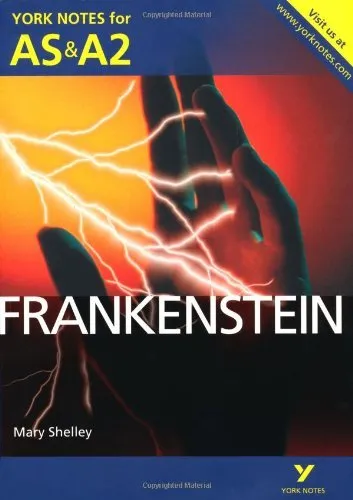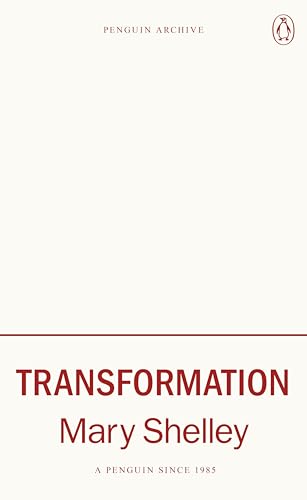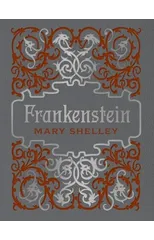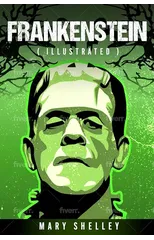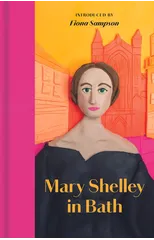Frankenstein
York Notes for AS & A2
(Author) Mary ShelleyWhen studying Mary Shelley's Frankenstein at A Level (AS & A2 Level) you'll need a thorough understanding of the themes, characters and Gothic mode of writing you'll find used in the novel. The York Notes Frankenstein study guide gives the most comprehensive summary of each volume of the 1831 edition of the novel you're studying at AS & A2 level. The revision guide also deconstructs each character including Victor Frankenstein, the monster and Robert Walton. The York Notes Frankenstein revision guide goes further than other English Literature study guides to help you achieve the best possible grades. You'll not only revise the novel itself but the contexts and critical debates surrounding Shelley's work. Understanding Frankenstein in the context of social unrest and the scientific developments of the time, and being able to discuss different critical angles from the original reception of the novel to its Feminist readings, will help you achieve top A Level grades. Using your study guide's Grade Booster is the best way to target a high grade in your English Literature exams. This section of the Frankenstein study guide shows you the typical features which examiners are looking for in answers to Frankenstein questions at AS & A2 level. It will show you how to compare Frankenstein with other texts and write high quality responses, which clearly demonstrate your understanding of the novel beyond the plot, characters and key quotations.
Mary Shelley
Mary Shelley was an English novelist, best known for her Gothic novel "Frankenstein; or, The Modern Prometheus," published in 1818. She was born in 1797 and was the daughter of political philosopher William Godwin and feminist Mary Wollstonecraft. Shelley's literary style is characterized by its exploration of existential themes, the consequences of scientific experimentation, and the complexities of human nature. "Frankenstein" is considered a seminal work of science fiction and has had a lasting impact on the genre, inspiring countless adaptations and interpretations. Shelley's other notable works include "The Last Man" and "Mathilda." Her contributions to literature have solidified her as one of the most important figures in the Gothic literary tradition.
